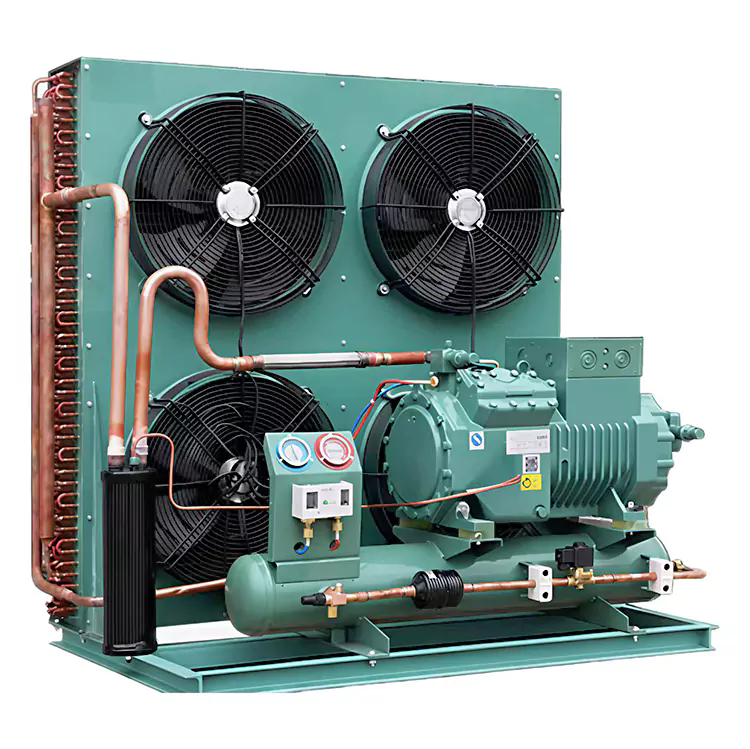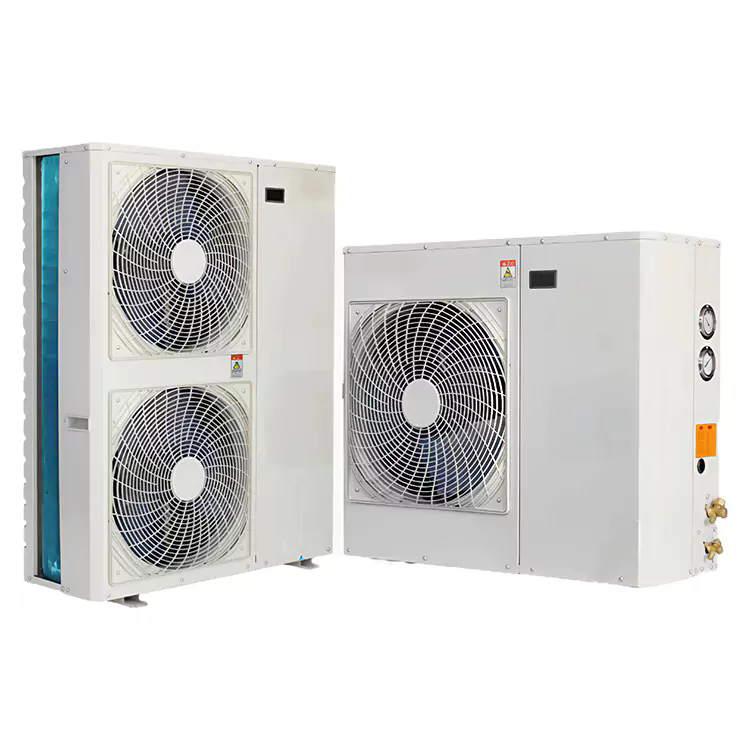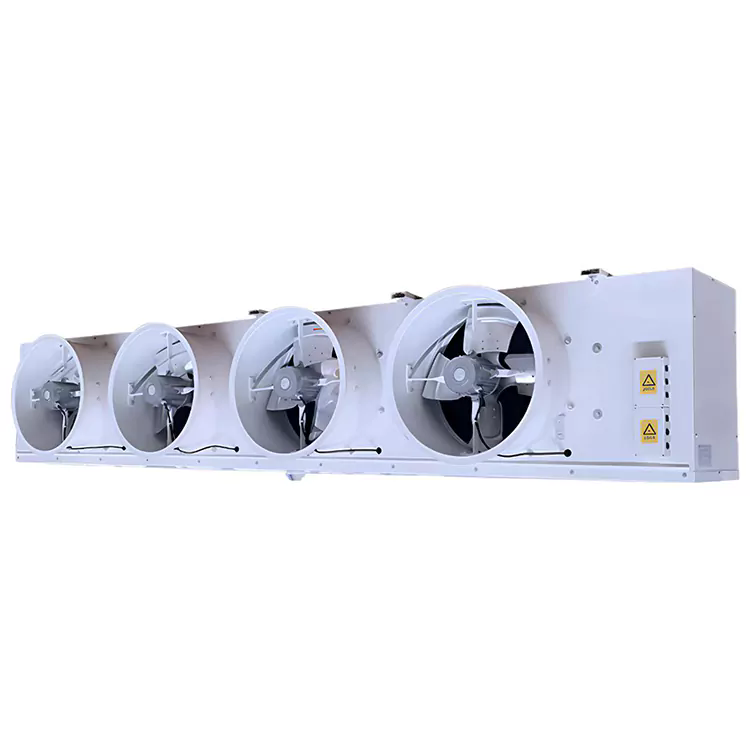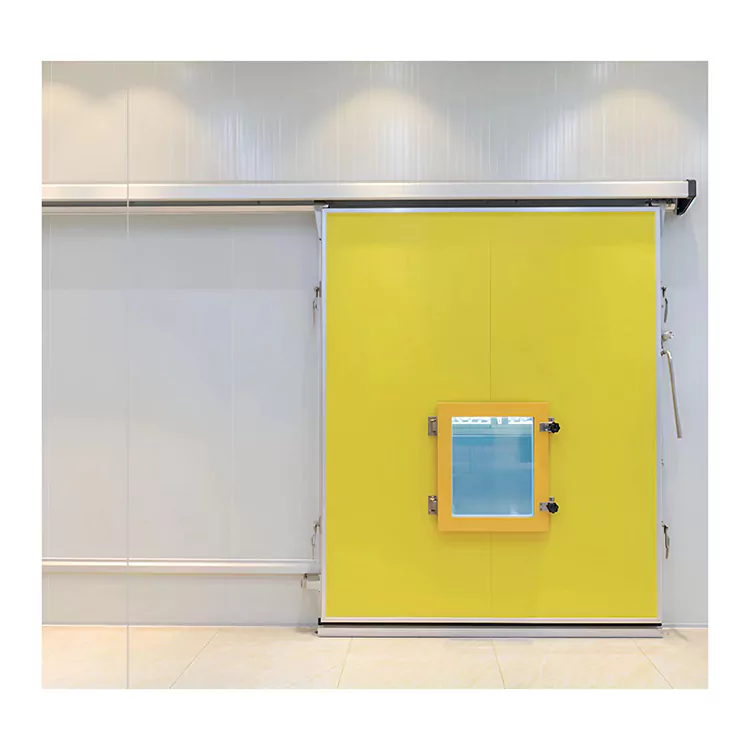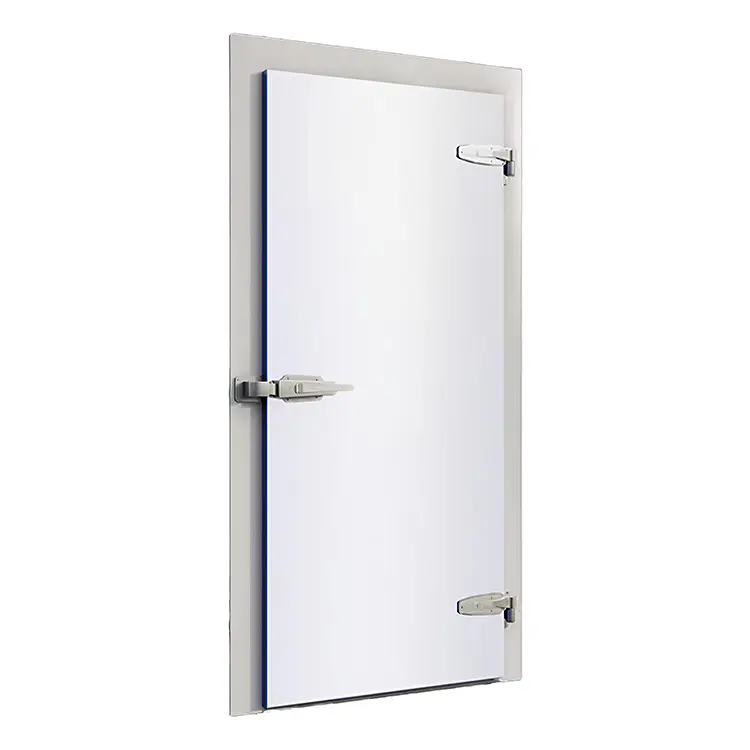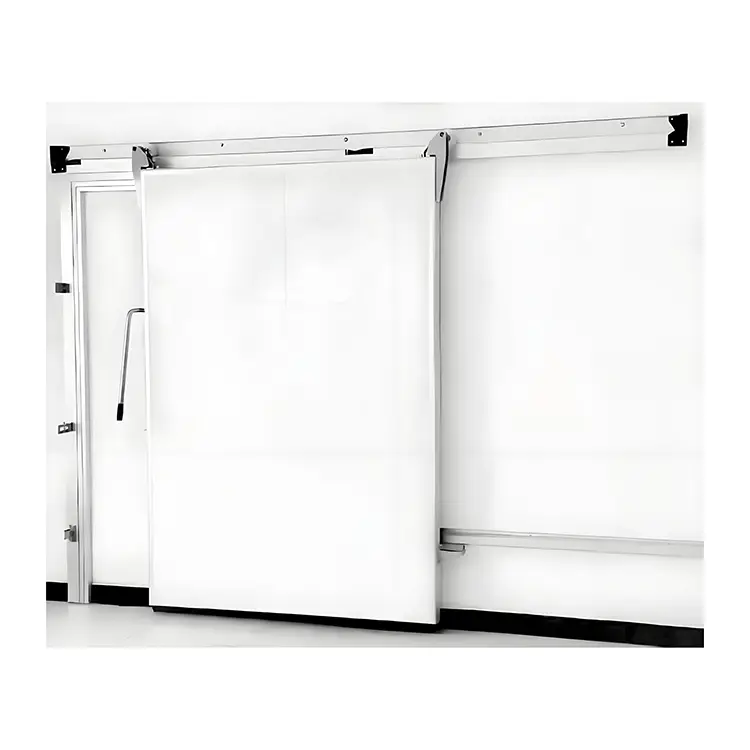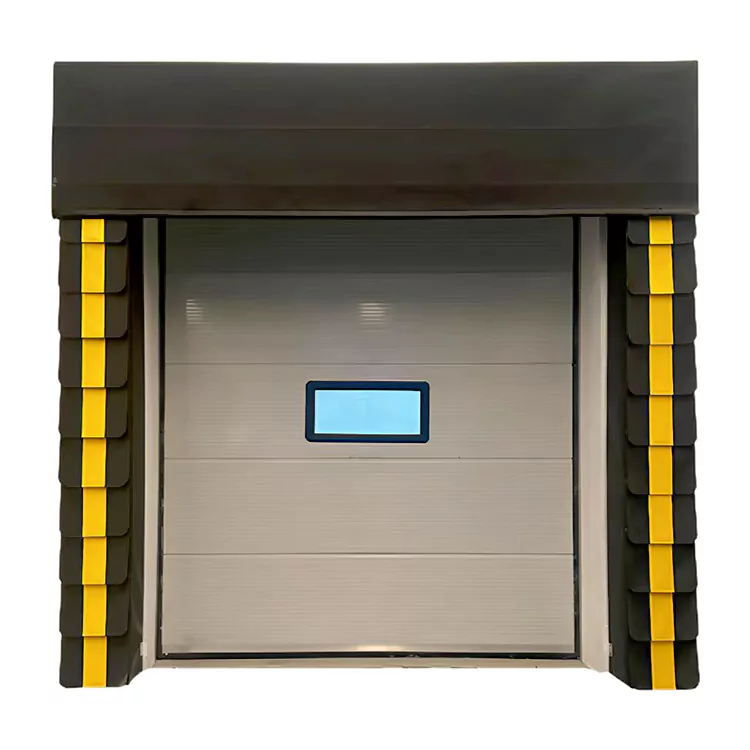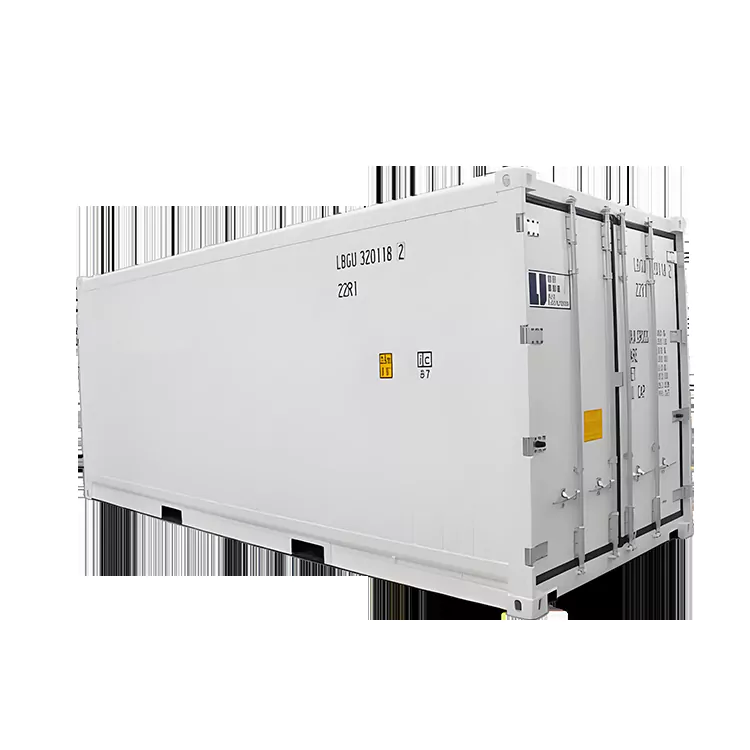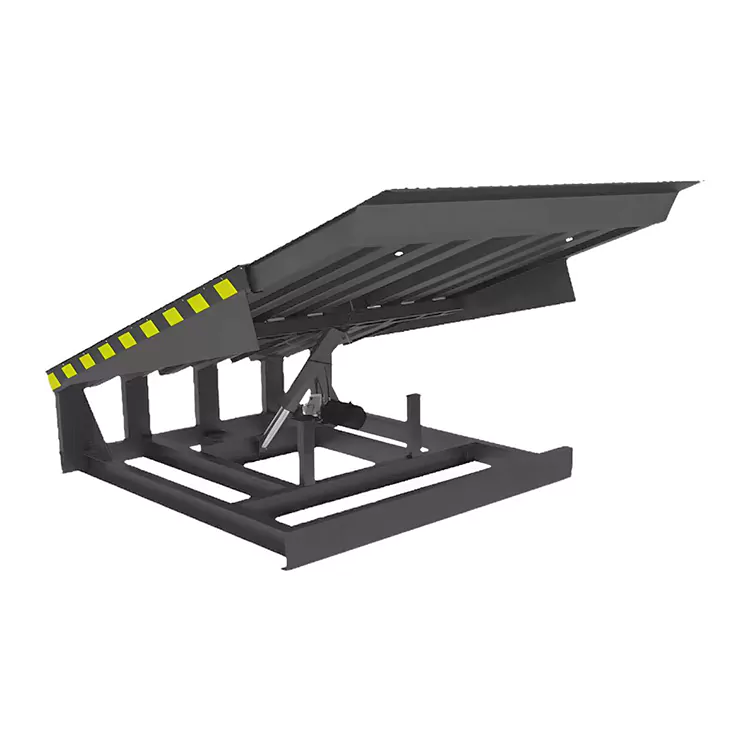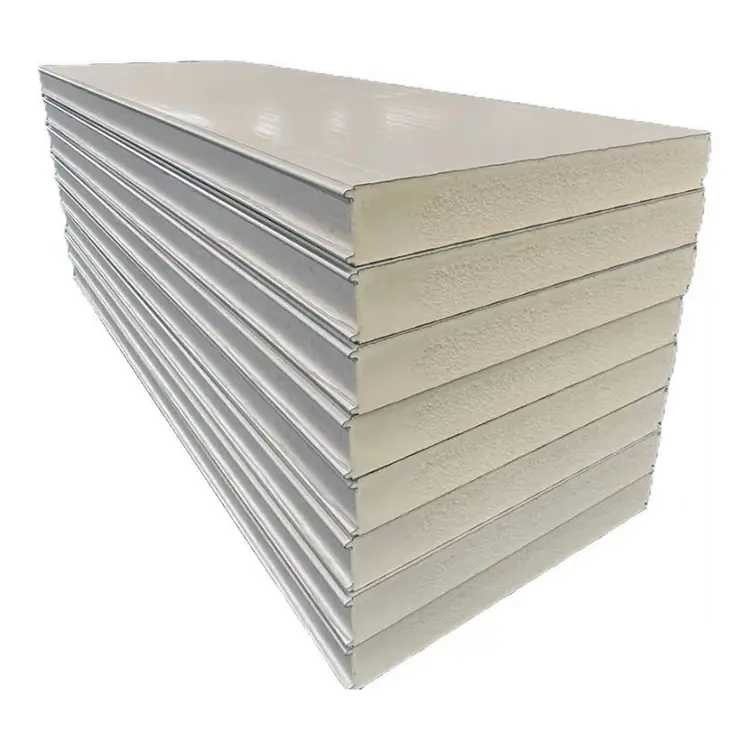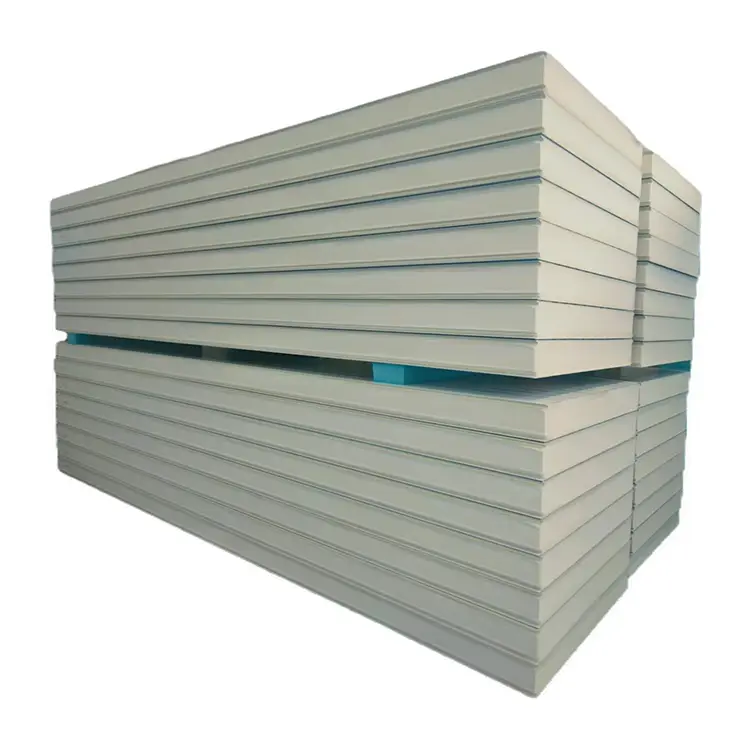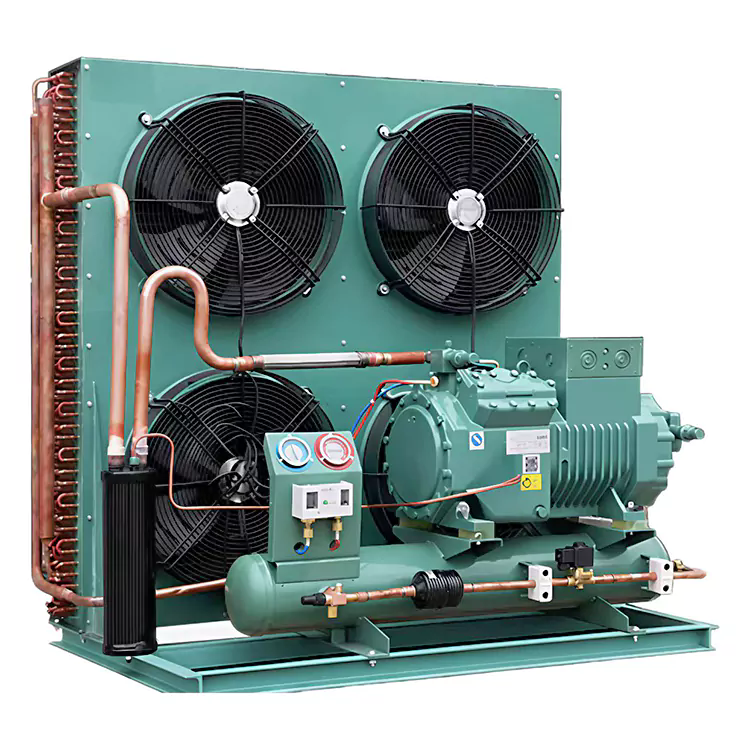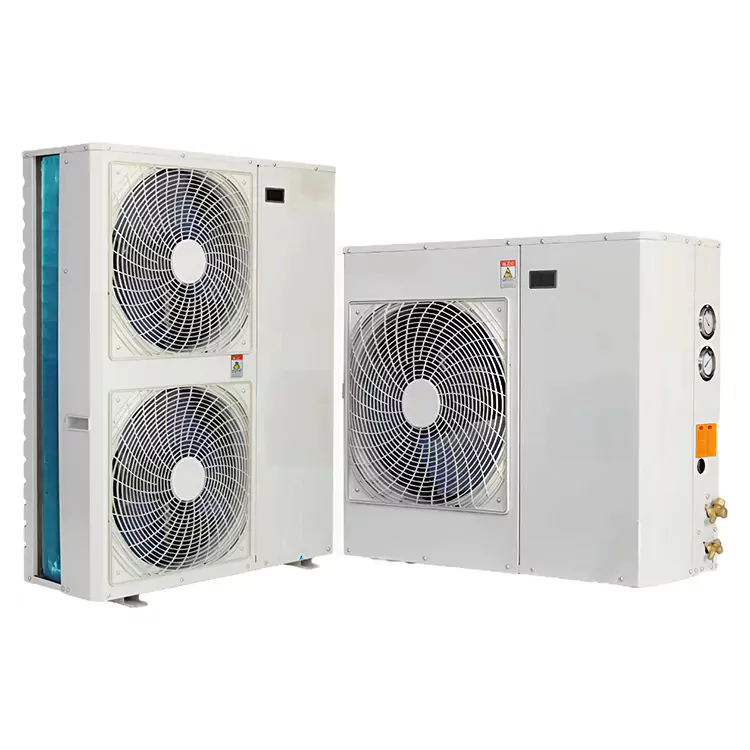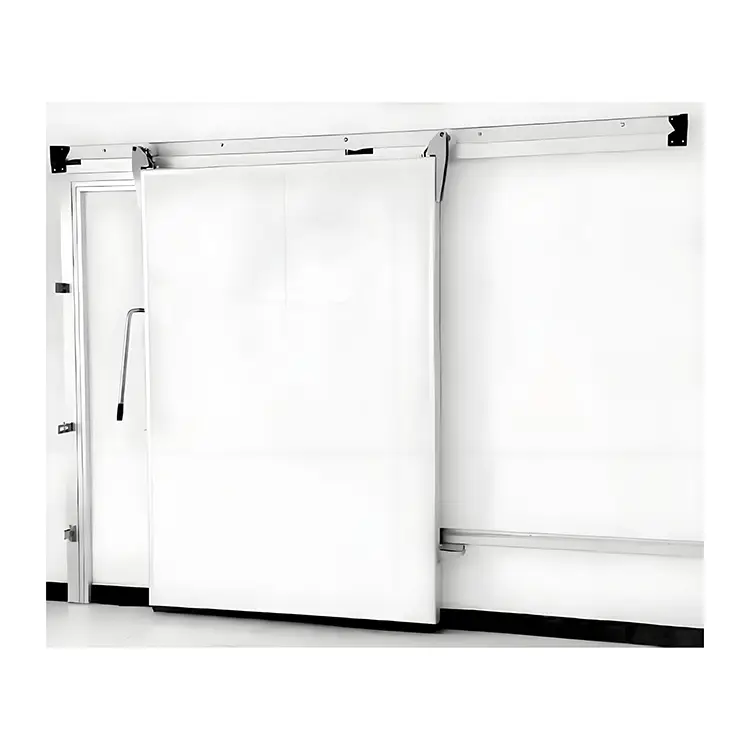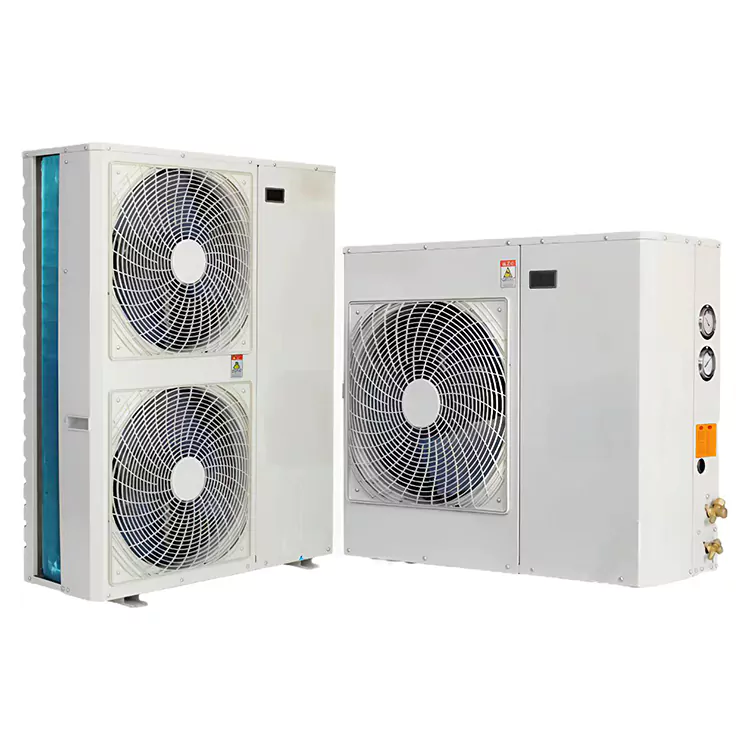How Does Cold Storage Refrigeration Equipment Improve Food Safety and Efficiency?
-
Node 1: Understanding Cold Storage Refrigeration Equipment – What It Is and Why It Matters
-
Node 2: How Refrigeration Units Drive Reliable Cold Storage Performance
-
Node 3: Why Evaporator Units Are the Core of Stable Cooling Systems
-
Node 4: Choosing the Right Cold Storage Refrigeration Equipment – Key Factors, FAQs, and Brand Trust
Cold storage refrigeration equipment plays a crucial role in the global food supply chain, pharmaceutical storage, and logistics operations. Without reliable refrigeration systems, temperature-sensitive goods would quickly lose their quality, safety, and market value. The demand for energy-efficient and high-capacity refrigeration has grown rapidly as industries seek to minimize losses and meet international safety standards.
What Is Cold Storage Refrigeration Equipment?
Cold storage refrigeration equipment refers to the set of machines and components used to maintain controlled low-temperature environments for perishable products. It typically includes:
-
Refrigeration units (compressors, condensers, controls)
-
Evaporator units (for air circulation and cooling)
-
Insulated chambers and control systems
These systems are designed to maintain consistent temperatures ranging from -40°C to +10°C, depending on storage requirements.
Why Is It Important?
-
Food Safety: Prevents bacterial growth and preserves freshness.
-
Pharmaceutical Protection: Maintains vaccine potency and medicine stability.
-
Operational Efficiency: Reduces spoilage, ensuring better supply chain economics.
-
Energy Optimization: Modern systems are engineered to reduce energy consumption while maintaining high reliability.
In today’s competitive market, the choice of cold storage refrigeration equipment can directly impact profitability and sustainability.
How Refrigeration Units Drive Reliable Cold Storage Performance
The refrigeration unit is the “engine” of the cold storage system. It works by compressing and circulating refrigerant gas to remove heat from the storage chamber, ensuring stable temperatures.
Key Features of High-Performance Refrigeration Units:
-
High-Efficiency Compressors – Designed for durability and optimized energy use.
-
Intelligent Control Systems – Allow precise temperature management and monitoring.
-
Flexible Cooling Capacity – Can be adjusted based on storage load and ambient conditions.
-
Environmentally Friendly Refrigerants – Many systems now use low-GWP refrigerants that comply with global environmental regulations.
Technical Specifications Table (Example Range)
| Parameter | Specification Range |
|---|---|
| Cooling Capacity | 5 kW – 200 kW |
| Operating Temperature Range | -40°C to +10°C |
| Power Supply | 220V/380V, 50Hz/60Hz |
| Refrigerant Type | R404A, R448A, R449A, R507, CO₂ |
| Control System | Digital thermostat / PLC with remote access |
| Noise Level | 50–65 dB depending on unit size |
| Compressor Type | Semi-hermetic / Scroll / Screw |
Why Choose Advanced Refrigeration Units?
-
Reduced Downtime: Built with reliable safety mechanisms.
-
Lower Energy Bills: Smart load adjustment cuts unnecessary consumption.
-
Longevity: Heavy-duty construction ensures long service life in demanding environments.
Why Evaporator Units Are the Core of Stable Cooling Systems
While refrigeration units generate the cooling effect, evaporator units distribute cold air evenly inside the storage chamber. Their role is critical in ensuring temperature uniformity, which is vital for both food and pharmaceutical products.
Functions of Evaporator Units:
-
Heat Exchange: Absorb heat from the chamber air into the refrigerant.
-
Air Circulation: Ensure consistent air movement, preventing hot spots.
-
Humidity Control: Helps maintain balanced moisture levels to reduce freezer burn and product dehydration.
Key Features of Efficient Evaporator Units:
-
Aluminum Finned Coils – Improve heat transfer efficiency.
-
Low-Noise Axial Fans – Designed for smooth and quiet airflow.
-
Defrost Options – Electric or hot gas defrost to prevent frost buildup.
-
Stainless Steel Construction – Resistant to corrosion in moist environments.
Technical Specifications Table (Example Range)
| Parameter | Specification Range |
|---|---|
| Airflow Capacity | 1,000 – 15,000 m³/h |
| Coil Material | Aluminum fin with copper tubing |
| Defrost Method | Electric / Hot Gas / Water Defrost |
| Fan Diameter | 250mm – 600mm |
| Fin Spacing | 4mm – 12mm (depending on application) |
| Temperature Range | -40°C to +10°C |
Why Evaporator Units Matter in Cold Storage
-
Uniform Cooling: Essential for preventing spoilage in large storage facilities.
-
Operational Stability: Ensures constant airflow even under heavy load.
-
Adaptability: Available in different fin spacings and fan speeds to match specific industries.
Choosing the Right Cold Storage Refrigeration Equipment – Key Factors, FAQs, and Brand Trust
Selecting the right cold storage refrigeration equipment requires balancing cooling performance, energy efficiency, and long-term reliability. Businesses must evaluate not only upfront cost but also lifecycle costs and maintenance requirements.
Key Factors to Consider:
-
Storage Size and Temperature Requirement – Equipment should match chamber volume and target temperature.
-
Energy Efficiency Ratings – Directly impacts operating costs.
-
Compliance with Regulations – Must meet food safety and environmental standards.
-
Ease of Maintenance – Modular design and remote monitoring reduce downtime.
-
Brand Reputation – Trusted manufacturers ensure consistent performance and support.
Frequently Asked Questions (FAQs)
Q1: What is the difference between a refrigeration unit and an evaporator unit?
A refrigeration unit generates cooling by compressing refrigerant, while an evaporator unit distributes and maintains uniform cold air inside the storage chamber. Both are essential for efficient operation.
Q2: How often should cold storage refrigeration equipment be maintained?
Preventive maintenance is recommended every 3–6 months. This includes checking refrigerant levels, cleaning coils, inspecting fans, and verifying control systems to ensure continuous performance.
Q3: What industries rely most on cold storage refrigeration equipment?
Food processing, supermarkets, cold chain logistics, pharmaceutical companies, and chemical industries rely heavily on cold storage refrigeration equipment to protect sensitive products.
Cold storage refrigeration equipment is more than just a cooling solution—it is a foundation for food safety, pharmaceutical reliability, and efficient logistics. From high-performance refrigeration units that ensure stable operation to advanced evaporator units that guarantee temperature uniformity, every component plays a vital role. Businesses that prioritize quality equipment will achieve higher efficiency, longer product shelf life, and reduced operational risks.
Among trusted global suppliers, HANYORK has built a strong reputation for delivering reliable, energy-efficient, and durable cold storage refrigeration equipment. With a full portfolio of refrigeration units and evaporator units, HANYORK supports industries worldwide in achieving safer and more cost-effective storage.
For more details, customized solutions, or consultation on your cold storage needs, contact us to find the right system for your business.
- What Makes a Cold Storage Door Essential for Your Refrigeration Facility?
- Why Are Fully Embedded Cold Storage Doors Transforming the Future of Temperature-Controlled Facilities?
- What Makes Rock Wool Panel a Game Changer in Modern Construction?
- How Do Evaporator Units Improve Cooling Efficiency?
- Why can't cold storage doors be opened from the inside?
- What are the applications of mobile cold storage?


